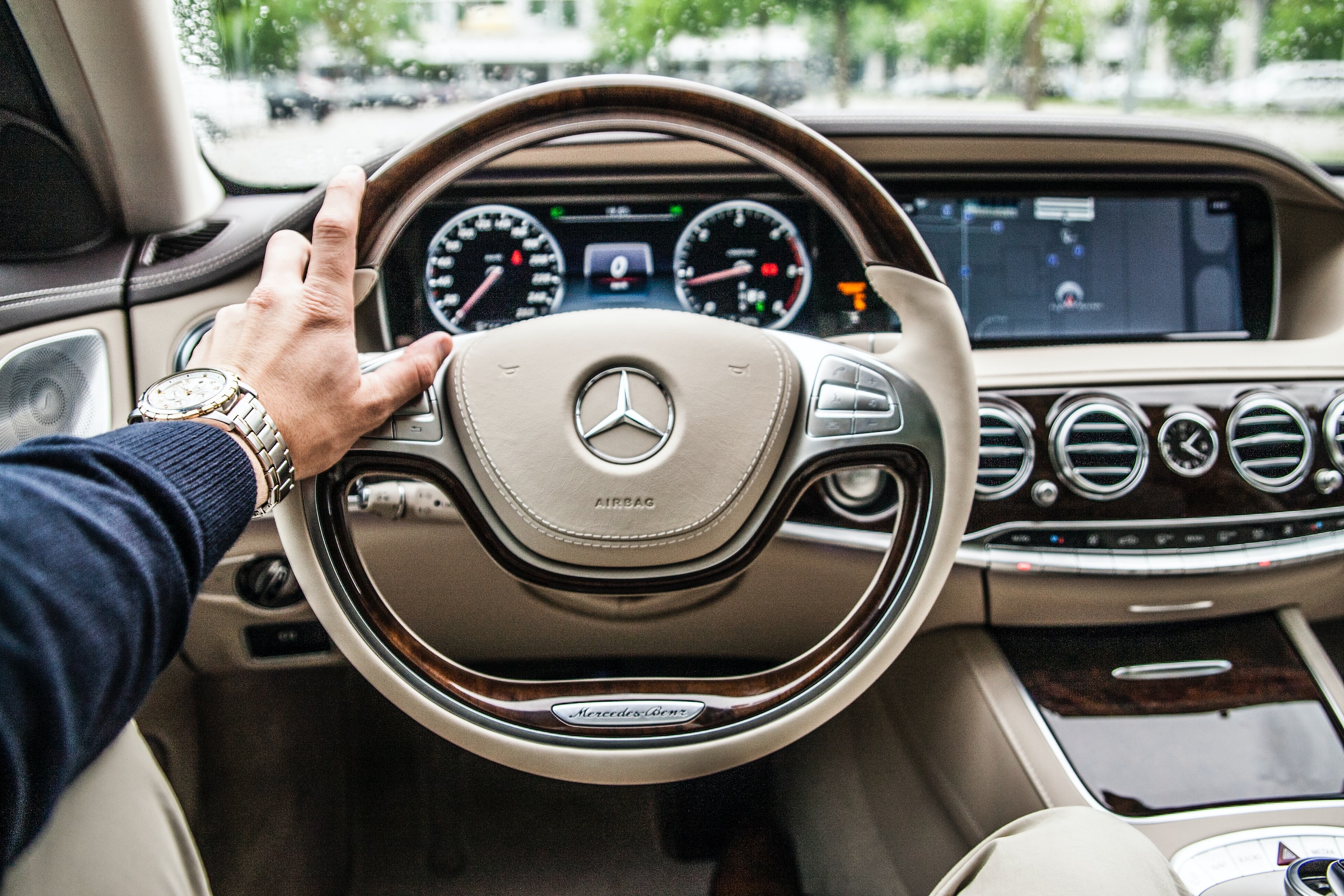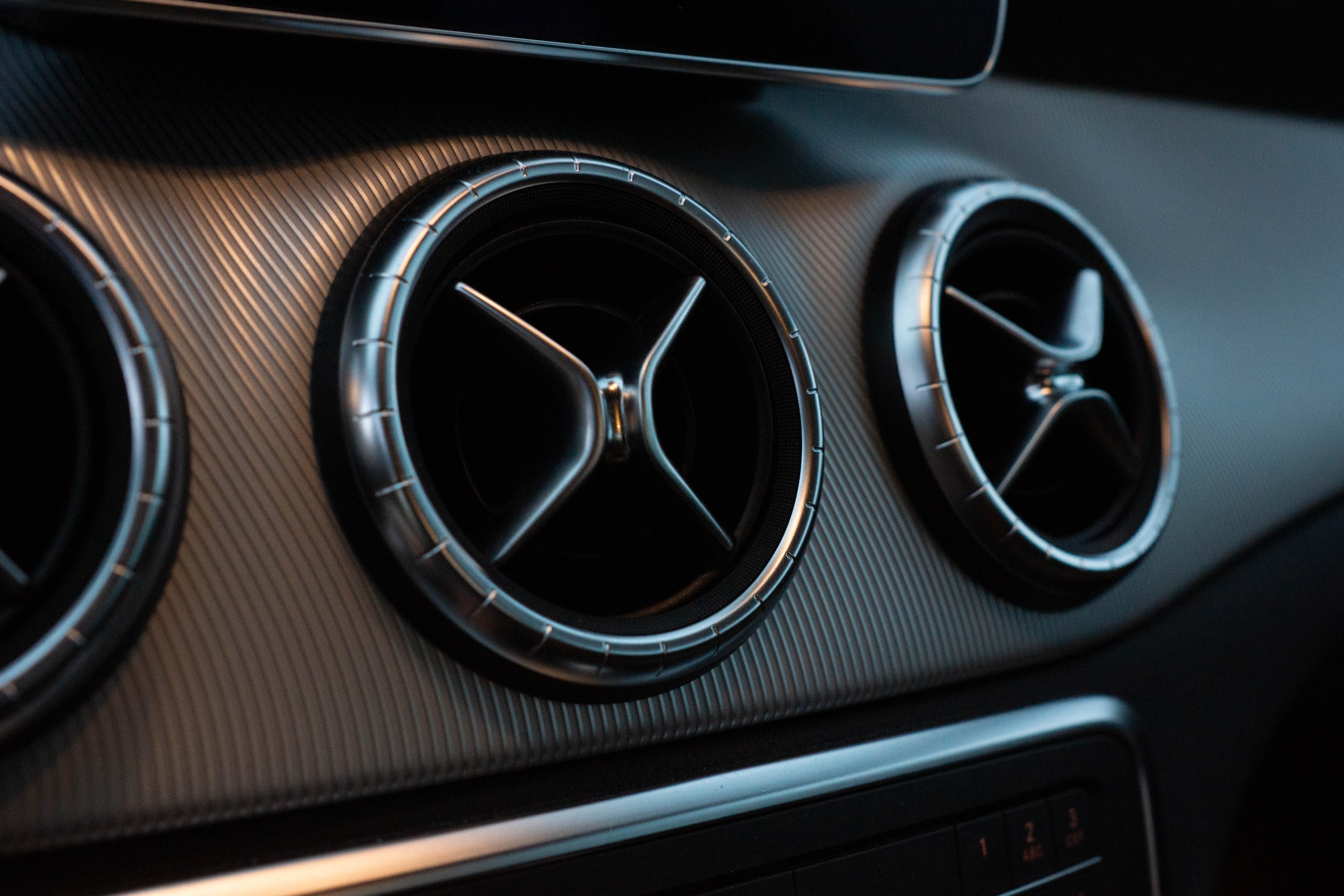On the road on vacations, with the high summer temperatures, air conditioning is very appreciable. When you drive several hundred kilometers on the highway, driving with the windows open is not very pleasant, and it is better to turn on the air conditioning. But should you leave the air conditioning on all the time? What is the impact of its use on the vehicle’s consumption? When to stop the air conditioning? We propose to clarify all your questions about air conditioning in order to have optimal use of it.
1. Air conditioning and rational driving

Eco-driving has become more and more popular in recent years. With the appearance of more and more ecological vehicle models, it is normal to see adapted driving modes. And eco-driving or reasoned driving corresponds to an attitude on the road which aims at reducing fuel consumption.
We will therefore focus on reducing our average speed, using the engine brake, and anticipating slowdowns. Add regular monitoring of fluid levels for added safety and fuel efficiency. Tire pressure and proper alignment are also important. In this approach, it is preferable to over-inflate your tires slightly compared to the announced value (about 0.2 bar).
2. Impact of using the air conditioning on consumption
Finally, to reduce overall consumption, it is important to reduce the use of air conditioning. The compressor involved in sending cold air requires additional fuel consumption. According to Environment and Energy Management, a vehicle driving with air conditioning in the city consumes between 25 and 35% more fuel. On an open road, this value would be 10 to 20%. If we look at the annual consumption, it is 5% higher for air conditioning users.
So what to do? Drive with the windows down, hair in the wind? At first glance, this is not a more ecological solution. It would be more beneficial for the environment to use moderate air conditioning. The use of a fan is an interesting alternative. If its air is not as cold as that of the air conditioning, it is, on the other hand, not as energy consuming.
3. Ideal temperature conditions in a vehicle

The recommendations are generally to maintain a temperature not exceeding 5°C difference from the outside air. Maintaining a temperature of 21°C in your vehicle during hot weather is absolutely unreasonable. If it is 30°C outside, a temperature of 25°C inside the car will be quite bearable and will not have any consequences on the body. Increasing the temperature difference increases the risk of a strong thermal shock.
Your body’s mucous membranes may also dry out, and fuel consumption could reach new heights. Remember to point the vents towards your forearms or other parts exposed to the sun and heat for efficient use. It is also recommended that you do not turn on the air conditioning as soon as you start your vehicle. Take the time to drive for a few minutes with the windows down to properly ventilate the interior of the car.
4. When to turn off the air conditioning?
We often see cars stopped with the air conditioning on in traffic jams on the ring road or in city traffic. Although this may seem pleasant, it leads to high fuel consumption. It is, therefore, preferable to turn off the air conditioning when the vehicle is stationary. Some motorists also question the need to turn off the air conditioning before stopping the vehicle.
Turning off the air conditioning manually before turning off your car’s engine will extend the life of the compressor. Anticipate and turn off the air conditioning about 5 to 10 minutes before your destination. The temperature will not become unbearable even in hot weather. The warm air from the motor will rise up inside, allowing the moisture that accumulates in the ducts to dry out. You can keep the fan running to make sure you get rid of any mold that may be forming in the ducts.
5. Air Conditioning in Winter

You’ve probably heard about it before, but now and then, you need to run your car’s air conditioning in the winter. So why? Well, simply to keep the vehicle’s cooling system in good working order. Another important point in winter did you know that air conditioning allows demisting and defrosting quickly and very effectively? The manufacturers recommend 10 minutes of use every two weeks.
No more mornings where you had to get up 15 minutes earlier to take the time to turn your vehicle and defrost it. Air conditioning gives you the ability to clear and clean your field of vision through the windshield in just one minute. The dry air released by the air conditioning is particularly effective in clearing away the very wet fog that accumulates overnight.
Air conditioning can be used year-round. However, it is recommended to use it in moderation, only when necessary. Alternating between air conditioning and fans in the summer when it is hot is a good compromise between a pleasant ride and moderate consumption. In any case, your vehicle’s air conditioning must be subject to regular maintenance to function properly.
Looking for help?
Are you in Australia? Do you dread those long summer drives with that intense Australian heat? Then look no further than Sunbury Auto Air. They are here to make your AC dreams a reality, and they will fix them to make those harsh and god-forsaken summer heat more bearable. So, why are you torturing yourself? Give them a call for more information, and let them help you and make your life easier and cooler.


1 comment
[…] orientation of the air vents in your car should be well thought out: make sure that the air is blown out over your forearms and parts of your body that are exposed to the sun. Never direct […]